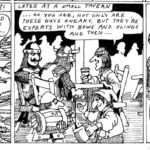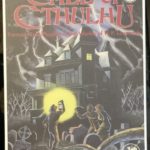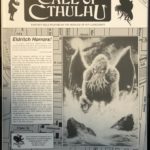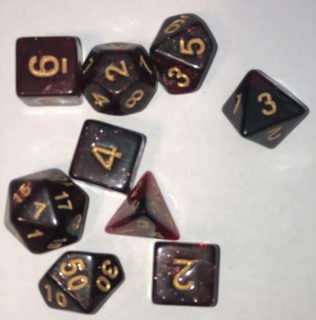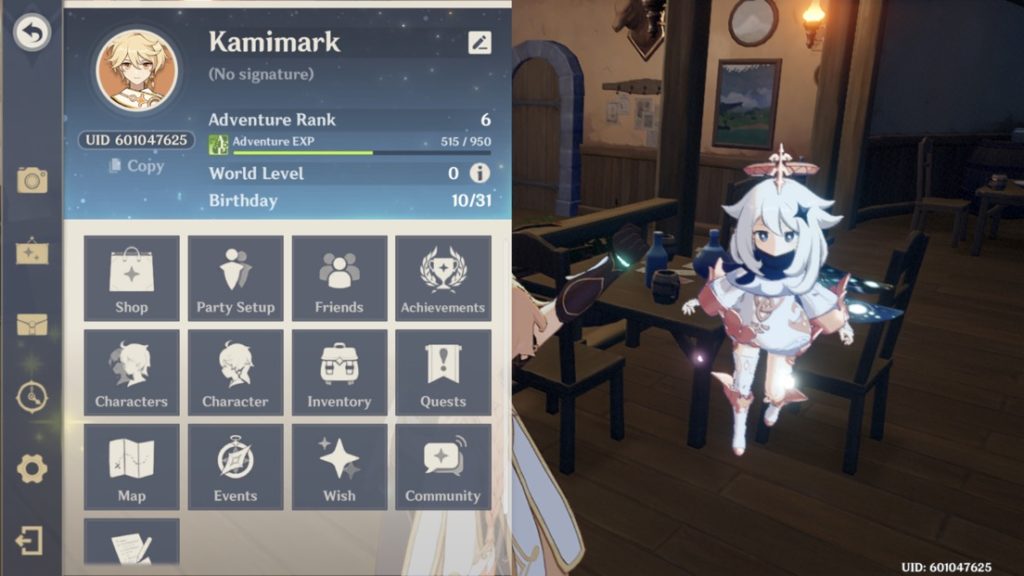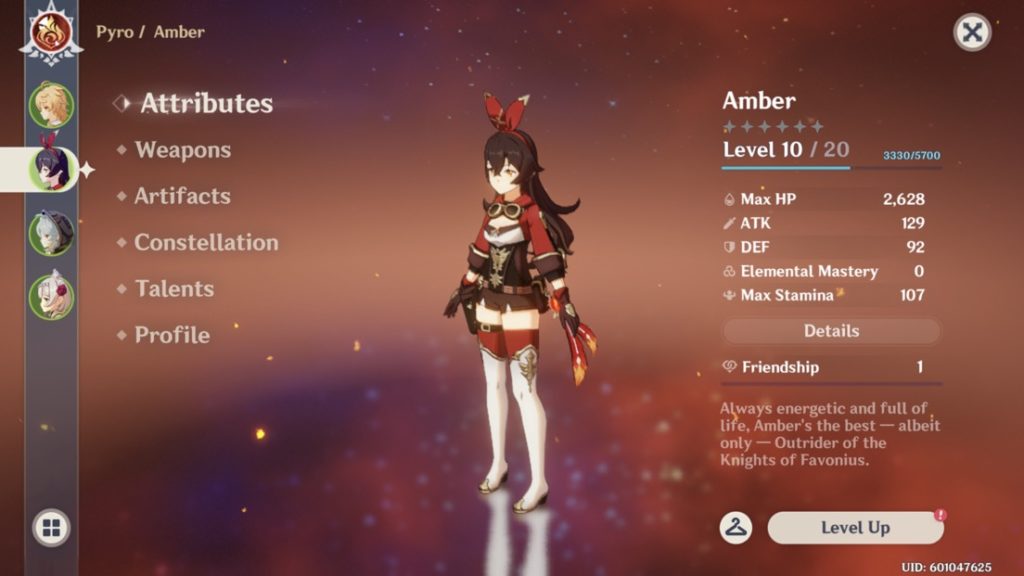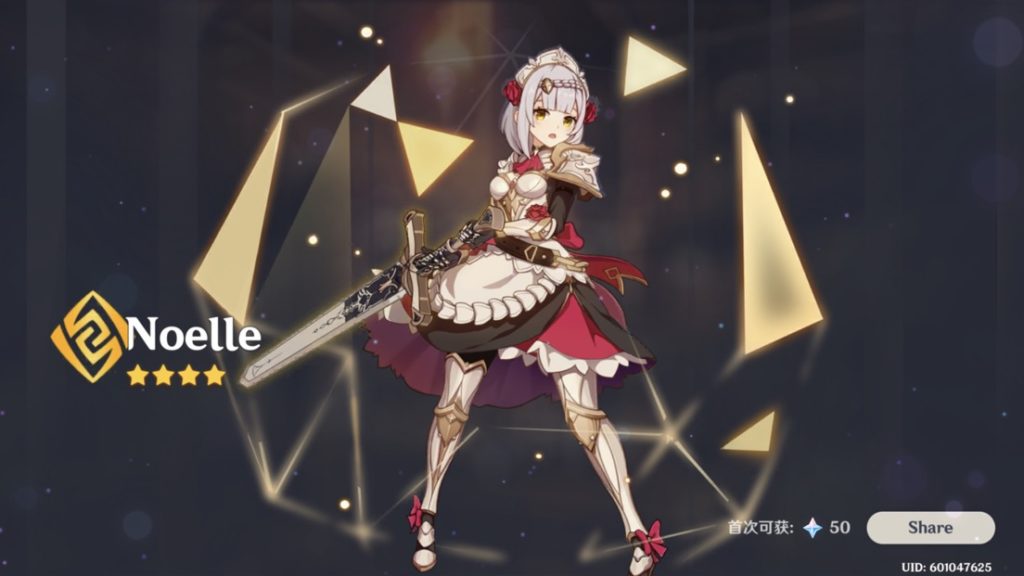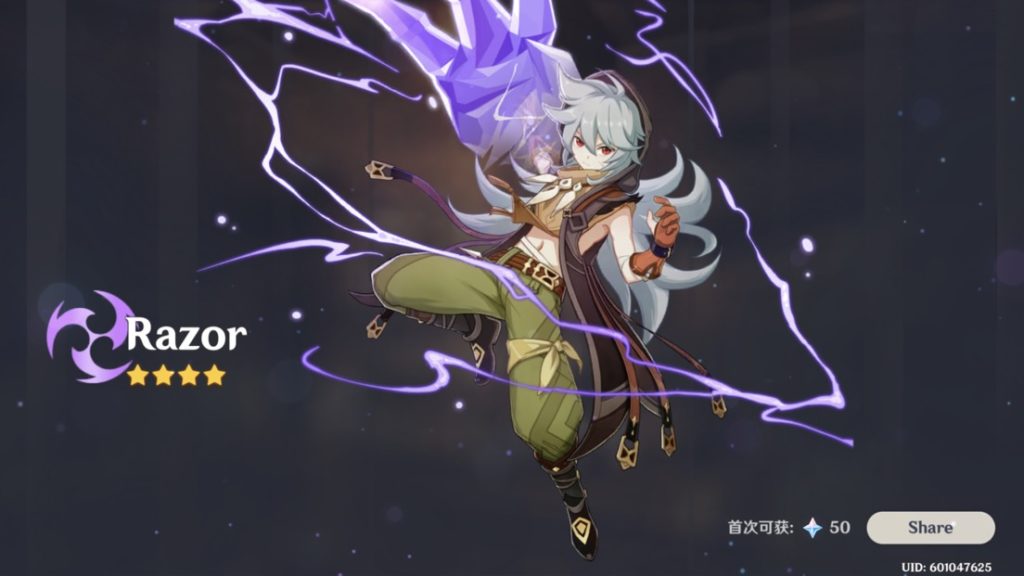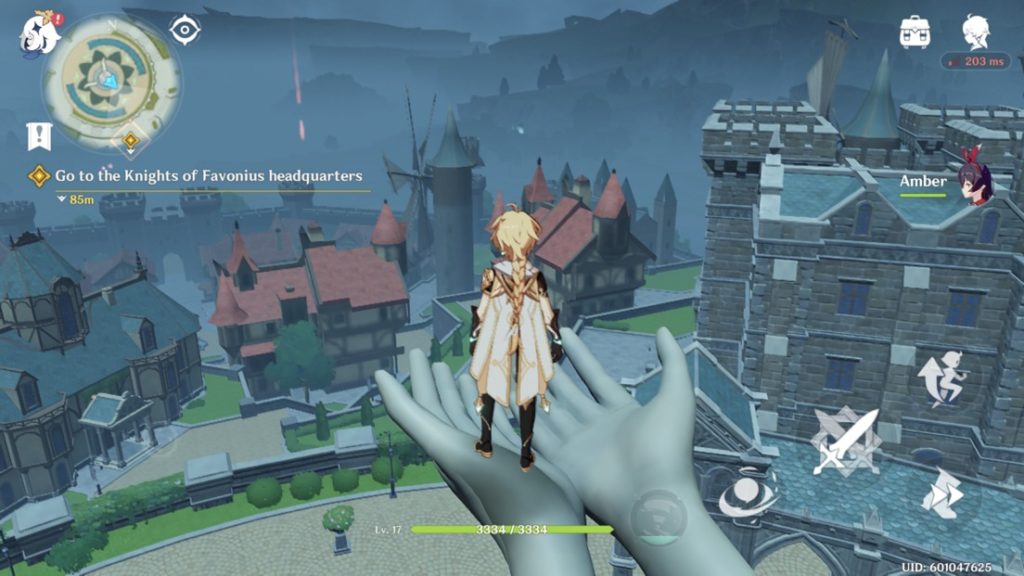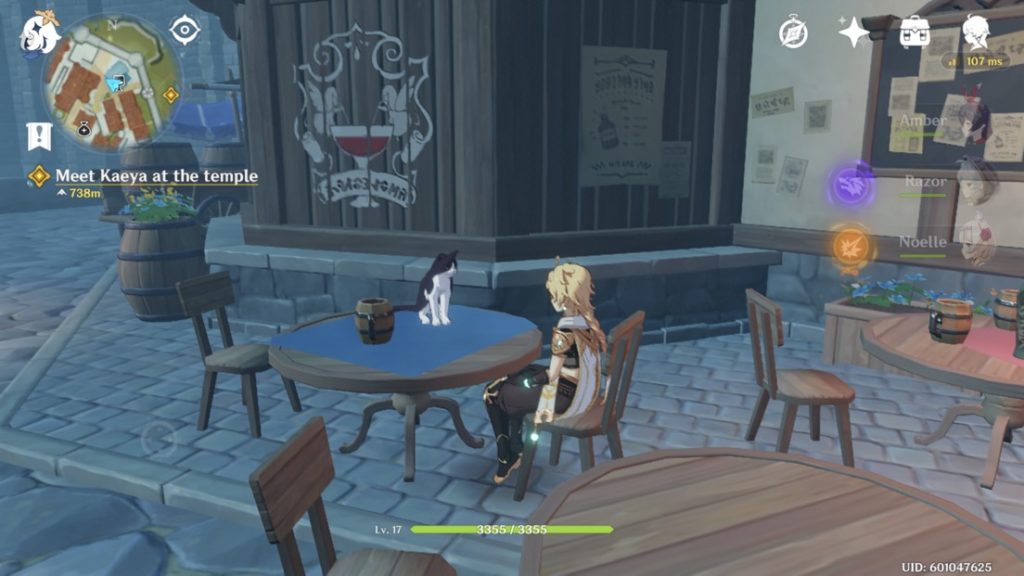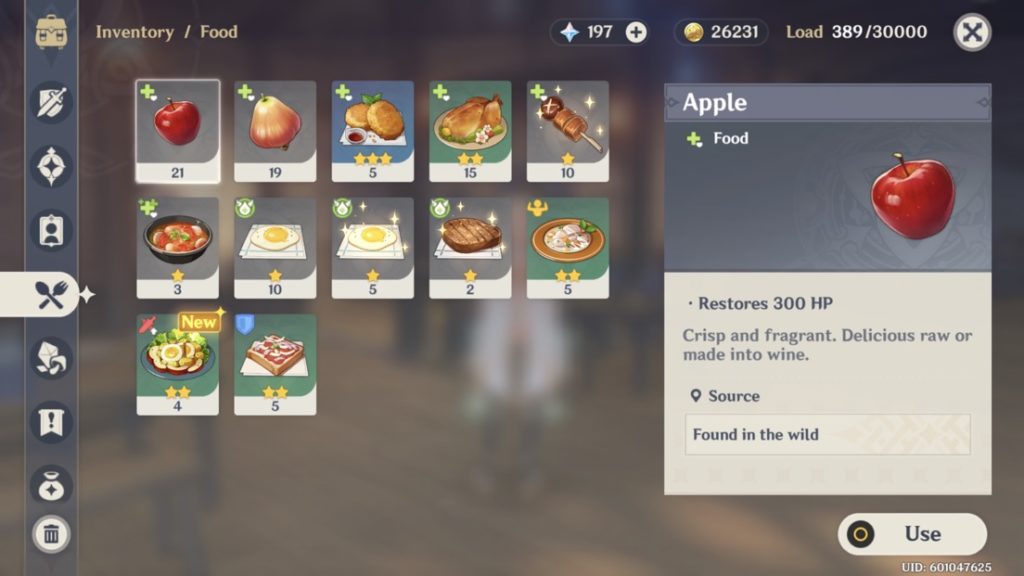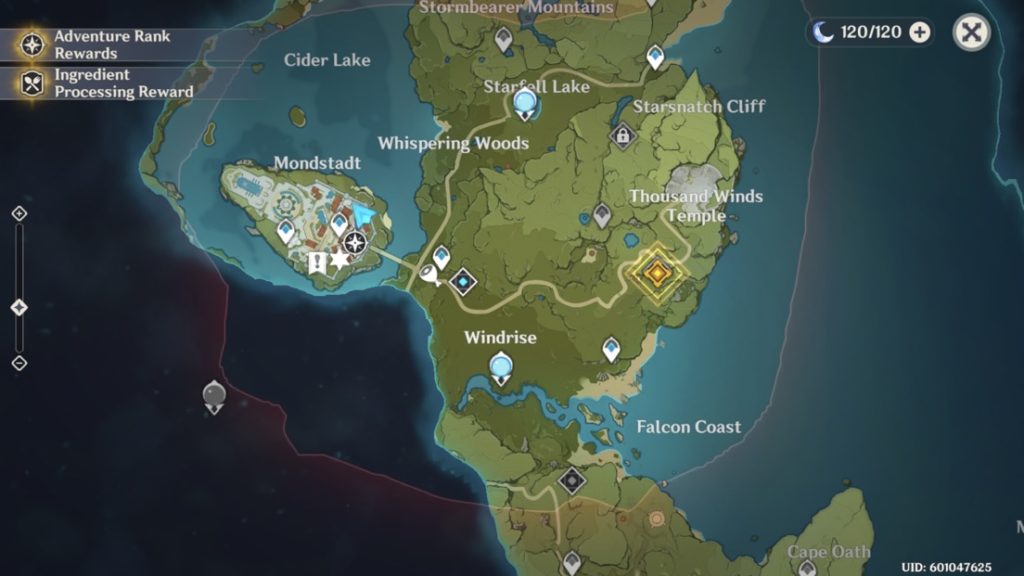New Unearthed Arcana playtest document, see previously.
Characters who have levels in a Class are exceptional; most of the inhabitants of the multiverse aren’t members of a Class.
Hooray, 0-level NPCs are back. With no rules yet (how many HP?). This is good, in some ways, that a 1st-Level "hero" is useful for something, the town Blacksmith isn't necessarily a 15th-Level Expert who will stomp you into the ground. It's also awful, in that it leads right back to murderhoboing, squads of low- to mid-Level PCs literally being able to murder & loot hundreds of townsfolk before anyone can stop them.
There's a better balance somewhere above this. I tend to assume anywhere from 10-25% of a population are Level 1, and 10-25% of that number are higher. In tougher game areas, I make everyone at least 1st-Level, and up to 5th-Level in deadly areas; you simply don't live in northern Hyperborea if you can't wrassle a bear for breakfast.
WHAT’S AHEAD IN THE ONE D&D PLAYTEST?
Forty-eight Subclasses, including the Subclasses in this article
HOLY SHITBALLS. I'm a fan of simplifying down to 3 classes in my OD&D-based game (kind of 4), and no classes in my skill-based RPG (well, kind of 2, Magicians and Dilettantes). I didn't object to having a few more in Swords & Wizardry (equivalent to OD&D + supplements/Dragon magazine), but this is excessive. And they're in weird groupings:
| Class Group | OD&D Classes | 5.5E Classes |
|---|---|---|
| Expert/Rogue | Thief, Assassin, Bard | Bard, Ranger, Rogue |
| Mage | Magic-User, Illusionist | Sorcerer, Warlock, Wizard |
| Priest | Cleric, Druid, Monk | Cleric, Druid, Paladin |
| Warrior | Fighter, Paladin, Ranger | Barbarian, Fighter, Monk |
A little history. In OD&D, the classic 3 classes were Fighter, Magic-User, Cleric.
- Thieves were in Greyhawk (Supplement I), in some ways the first super-class, every "race" could be a Thief with unlimited Level! (which often didn't make sense, why is a woodsy Elf a better Thief than Fighter/Magic-User?!), ton of weird skills. But they were well-balanced by being weak, glass cannons in combat.
- Paladins were in Greyhawk (Supplement I), as a special bonus for Lawful Fighters, not even a separate class at this time.
- Monks were in Blackmoor (Supplement II) as a subclass of Cleric, even tho they're much more like Thieves being weak, non-magical, skill-based, and having most Thief skills! Everyone cheated to make a Monk at some point. My character Liu Shao (named after a one-season assassin Chinese emperor) had a lot of bad-guy monk adventures, got poisoned by a shitty player (I got some revenge later, but not enough).
- Assassins were in Blackmoor (Supplement II) (long before religious nuts scared TSR into wussing out) as a Thief subclass, but their low Thief skills made them ineffective at their job. Everyone loves Assassins even if the class sucks, mostly due to Jhereg and Shadow of the Torturer.
- Druids were in Eldritch Wizardry (Supplement III) as a subclass of Cleric. Despite a giant pile of powers, very few people played them, they were awkward to unusable in dungeons.
- Rangers were in The Strategic Review (TSR) V1N2, as a subclass of Fighter; grossly overpowered, with an extra hit die (!), a very few spells from Cleric & Magic-User (WEIRD!) at 8th-Level, skills everyone needs outdoors, but then useless in a dungeon. Favored enemy initially was "Giant Class (Kobolds - Giants)", which is a bizarre range. Incredibly weirdly required to be Lawful like Paladins, when Neutral is the obvious alignment for Elf-friends. It's Strider from Tolkien, you know my distaste for that guy, Ranger should never have been added and the correct version is just a Fighter with a background of Hunter.
- Illusionists were in TSR V1N4, as a subclass of Magic-User, great spell list with no real problems. My first character in 1978, Grecal the Grey Wizard, class-changed from Magic-User to Illusionist eventually (had a high DEX to start with).
- Bards were in TSR V2N1, as an adaptation of the Celtic bards of history with limited skills: Charm & Lore at Level x 10%, Thief skills equal to 1/2 Level, M-U spells at about 1/2 M-U table (1 Fireball at 10th-Level), and some special magic instruments. A very solid, slow-developing class, that fit well with the classic classes. That wouldn't last long.
- Barbarians were in Dragon #63 (1982), a subclass of Fighter based explicitly on Conan, so entirely about toughness, survival, and anti-magic, and actively destroy any magic they find, won't work with Magic-Users. They were basically unusable in a normal party, but fun as solo or with a sidekick Cleric, Thief, or normal Fighter, literally as seen in Robert E. Howard's stories.
Rangers got toned down and up again in every edition, Illusionists were left alone until they got forgotten, Bards were mutilated badly by AD&D 1E, reverted sorta in 2E, turned into generic musician jack'O'trades in 3E and on, there's a reason everyone hates spoony Bards if all they know is 3E and 5E. Barbarians were turned into generic fighters with berserking in later editions, so you can have them with a normal party, totally discarding the only thing that made them fun.
When creating a party of adventurers, one way to form a well-rounded group is to include at least one member of each Class Group. That said, mix and match Classes to your heart’s content!
So in 5.5E there's 4 groups, 3 classes per group, 4 subclasses per class = 48 subclasses. Which lets you drill down a bit easier than just picking from 48 options, but it's still insane, they could trivially stop at the classes and have a 4x better game.
The 3 "Expert" classes are in this packet, and only one subclass for each.
In all classes, skills are listed as specific choices "or any X skills from this list". Spells are "you have these spells, or choose…", and a long list of exactly what spells are prepared at each Level, unless you change them. Equipment is a pre-chosen package, "or spend X GP". I like packages and pregens for pick-up games, so that's fine, but I don't like that it presents the package first, the actual range of options later.
- Rogue: HP are d8, median for 5E, fine. Weapons are limited to "Simple Weapons, Martial Weapons that have the Finesse Property"; in OD&D Thieves had no weapon restrictions, but AD&D 2E has a similarly limited list. Armor is restricted to light, and looking at the glossary, that now just gives disadvantage on STR & DEX rolls, and can't cast spells, so a Thief in plate might be viable for stand-up fights.
Sneak Attack (for all Rogues) is mechanically simple to get: You need either advantage (which if you're not an idiot, you always have), or an ally adjacent, and gives +1d6 per 2 Levels(!).
The experience table gives you a specific class feature at each Level, tho many of them are "Feat", "Expertise", etc. where you pick from the lists. The Thief subclass gives you mostly the classic Thief features, the one weird part is you have to CHOOSE between Fast Hands (pickpocket) or Second-Story Work (climb walls).
- Bard: HP are d8. Bardic Inspiration lets you magically rap, scratch, or twerk someone within 60' to boost a die or heal someone. This is beyond nonsense. Bard magic is now OP, 2 Fears at 5th-Level, double a classic Magic-User table, who knows what the actual Wizard will look like. They're limited at first to Divination, Enchantment, Illusion, Transmutation schools; but at 11th Level can take "Magical Secrets" and unlock all schools, or Divine or Primal, which is even wackier, and I would expect a "Learn one other school" Feat will be along pretty quick, so you can get Evocation and Fireballs.
At 2nd-Level and up, Bards get healing spells, only 1 use per day, but still utterly disconnected from the historical figures. Bards get no real special features, nothing to do with music or lore or prophecy here. I doubt anyone in WotC has ever read of Taliesin.
I Taliesin, chief of bards,
With a sapient Druid’s words,
Will set kind Elphin free
From haughty tyrant’s bonds.
—Mabinogion
The subclass given here is College of Lore, which at least puts a little knowledge-based skill in them, a whole proficiency bonus to a few generic skills woo. Mostly a combat-based "Cutting Words", tho, basically Sarcastro's power from The Tick. WTF does that have to do with a loremaster?
- Ranger: HP are d10, but just one per Level. Favored Enemy is now just a free Hunter's Mark spell, usable on anyone, you don't hate Orcs or whatever else, as in Tolkien & Gygax's genocidal games. Spells start at 1st-Level, but are much slower than Bard, giving 2 Conjure Barrages at 9th-Level (they use the Primal spell list now). Some of the special abilities aren't bad, movement speed, extra attacks, temporary HP. Their 18th-Level power increases Hunter's Mark to d10 instead of d6, which is pathetic by itself, but possibly with Barrage it's a good upgrade?
Hunter subclass is OK, just extra damage and Barrage spells. Very boring and phoned-in. How about traps? Or some special tracking? An ambush bonus? Preparing extra meat from hunted game? Nope, dullness. Ranger will continue to be the most ignored class in 5.5E.
- Feats: I'm going to ignore most of these for now. Feats were a bad idea in 2.5E, 3E, and 5E, and I'm sure they continue to be broken in 5.5E, let's just move on.
Epic Feats are new, all the class super-powers got moved down to 18th-Level, and you get an Epic Feat at 20th-Level. First, WTF kind of game is getting past 10th-Level anyway? In OD&D, my view was that you reach Lord at 9th-Level, maybe a bit higher as 10th- to 12th-Level, and that's about it. I'd rate Elric as an 8th-Level Fighter/12th-Level Magic-User (ignoring that as an Elf he's limited to 4/8), and Conan as a 10th-Level Barbarian at his heroic peak, prior to becoming fat old King Conan. B/X ended at 14th-Level, BECMI extended that to 36th and then Immortals, but that was extremely broken past 12th-Level, especially for non-Humans, AD&D simply didn't work above 10th-Level, and Gygax claimed nobody was above that in his games, except some NPCs/retired PCs. 3E routinely did push Levels higher, but then Epic 6 scaled that back down to a fun game at 1st- to 6th-Levels.
So anyway, if you are playing superheroes in Forgettable Realms or whatever, and aren't cunning enough to go play Exalted which is much more suited to this. These are very boring, and most suck:
- Epic Boon of Combat Prowess: Auto-hit melee 1x/round. Pretty good, but high-Level characters always hit anyway.
- Epic Boon of Dimensional Travel: Dimension Door 1x/round. Tactically interesting, especially for a mage or archer keeping range. 100% of magic foes should have Dimensional Anchor to stop this nonsense.
- Epic Boon of Energy Resistance: Ignore one element type. Pretty obnoxious if you can do Fire when going to Hell, etc.
- Epic Boon of Fortitude: +40 HP. That's only half a max-level Fireball, so meh.
- Epic Boon of Irresistible Offense: Ignore target's resistance. Might be broken, you could fistfight a Tarrasque.
- Epic Boon of Luck: Free Bardic Inspiration shit.
- Epic Boon of Night Spirit: Invisibility 1x/action. You can literally cloak, sneak attack, cloak, sneak attack.
- Epic Boon of Peerless Aim: Auto-hit missiles 1x/round. Pretty good, but high-Level characters always hit anyway.
- Epic Boon of Recovery: Heal 1/2 HP, 1x/long rest. Don't you have, like, potions and Clerics and shit?
- Epic Boon of Skill Proficiency: Bonus to all skills. "Whoah, I know BASKET WEAVING!" Lamest of the lame.
- Epic Boon of Speed: +30' move, which is like a single Ranger bonus but less than a potion of Haste.
- Epic Boon of Undetectability: Shitty version of Invisibility.
- Epic Boon of Unfettered: Can ungrapple as a bonus action. Given how OP and Level-breaking grappling is, this might be a good idea.
-
Spell Lists: Now with some School of Magic changes, woo.
-
Rules Glossary, which totally replaces the previous document's:
-
Ability Checks no longer say "automatic win/lose" for DC 5 or 30. "The default DC for a check is 15, and it is rarely worth calling for an Ability Check if the DC is as low as 5, unless the potential failure is narratively interesting." They've removed crit on 20, fumble on 1, except in combat.
- Now rolling a 1 on any "d20 Test" gives "Heroic Inspiration", and you can also get one whenever the DM says so. I don't mind Luck/Benny/Fate points, especially in heroic genres where you can "succeed forward" — jumping from a plane onto a moving train and punching a Nazi is cool so you can pay some resource to succeed at that. But Inspiration in 5E is pretty limited, and you can only have 1 point of it, and getting it by fumbling is weird.
This is definitely some kind of improvement over the origins booklet, and walking back the most controversial mechanical changes, but the classes are so heavy, make completely meaningless non-lore-based distinctions, and just make the game worse the more are added.
